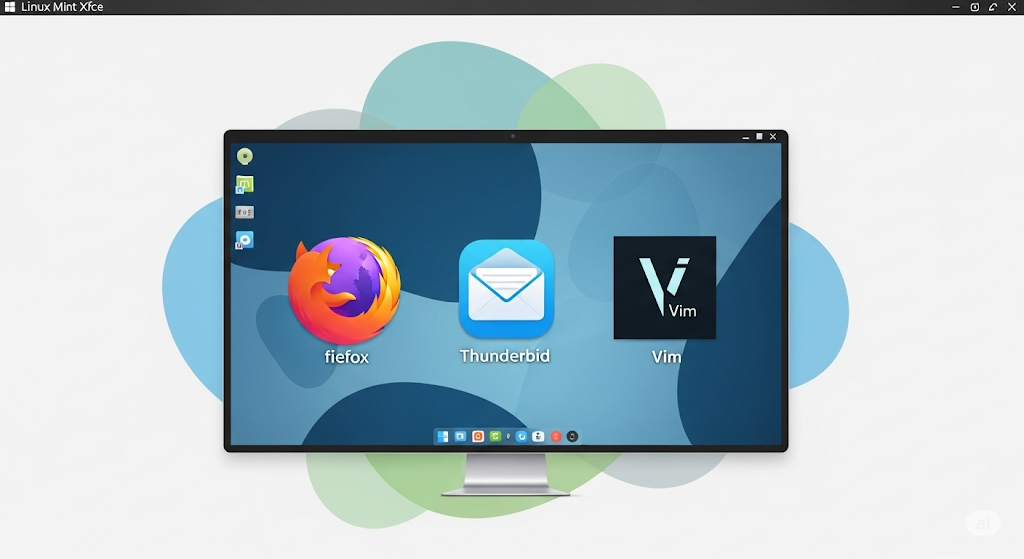Let’s dive into this cautionary tale of a Windows 11 user who’s lost 30 years of irreplaceable data due to Microsoft’s alleged negligence. So, this Redditor was trying to migrate their data from old drives to a new one and decided to use OneDrive as a temporary storage midpoint. Big mistake; they got locked out of their Microsoft account, and with it, access to their OneDrive data. The kicker? Microsoft’s support has been non-existent, with automated responses that lead nowhere.
This debacle highlights a few critical issues. First, the Redditor’s data management strategy was flawed; relying on a single copy of your data, especially during a transfer, is a recipe for disaster. You should always have multiple backups, including local and cloud storage. It’s data management 101. But, the real problem lies with Microsoft’s handling of the situation. Locking someone out of their account without warning or clear reason is one thing; providing no meaningful support or recourse is another.
Imagine having three decades of memories and work held hostage by a corporate giant with seemingly no accountability. It’s a nightmare scenario that resonates with anyone who’s ever had to deal with a similar issue. The fact that the Redditor has submitted a compliance form 18 times only to receive canned responses is not just frustrating; it’s a stark illustration of the disconnect between Microsoft’s customer support and its users’ needs.
This incident raises several questions about consumer protection and corporate responsibility. Can a company like Microsoft simply lock out users without due process? What safeguards are in place to prevent such occurrences? The Redditor’s accusation that Microsoft is a “Kafkaesque black hole of corporate negligence” might be dramatic, but it underscores the gravity of the situation.
The ripple effect of this issue extends beyond the individual. It speaks to a broader concern about how we manage our digital lives and the trust we place in cloud services. If a major player like Microsoft can fail its customers so spectacularly, what does that say about the security and reliability of our digital storage solutions?
So, what if this isn’t an isolated incident? What if others are facing similar issues with their Microsoft accounts or other cloud services? The implications are unsettling; our digital lives are more vulnerable than we think. As we increasingly rely on cloud storage for everything from personal photos to critical work documents, the stakes are higher than ever.
In the end, this cautionary tale isn’t just about a user losing their data; it’s about the need for better accountability and transparency from the companies we trust with our digital lives. As we navigate this increasingly complex digital landscape, one question remains: how can we ensure that our digital heritage isn’t lost in the void of corporate negligence?





Leave a Reply